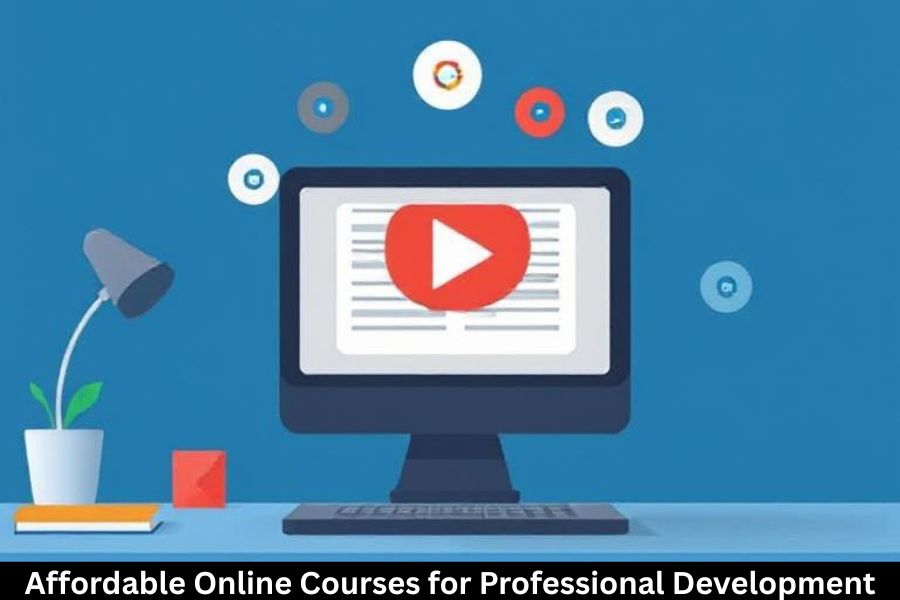Many of us have hobbies or side projects that bring joy, spark creativity, and offer a break from the daily grind. But what if you could turn those passion projects into a fulfilling, sustainable career? More people than ever are doing just that—transforming hobbies into professions that not only pay the bills but also provide personal satisfaction and growth.
If you’re dreaming of making your hobby your livelihood, here’s a guide to help you take that exciting leap.
Why Turn Your Hobby Into a Career?
Pursuing a career rooted in passion can bring a profound sense of purpose. When your work aligns with what you love, it often doesn’t feel like work at all. Plus, it can:
- Increase motivation and productivity
- Enhance creativity and innovation
- Improve overall job satisfaction and mental health
- Open doors to unique opportunities and networking
Steps to Transform Your Hobby Into a Profession
1. Evaluate Your Passion
Before diving in, honestly assess your hobby. Is it something you enjoy only occasionally, or can you see yourself dedicating significant time and effort to it every day? Understanding your level of commitment is crucial.
2. Develop Your Skills
Even if you’re already skilled, turning a hobby into a career often requires honing your craft to professional standards. Take courses, attend workshops, seek mentorship, or practice consistently to elevate your abilities.
3. Research the Market
Identify your target audience or customers. What’s the demand for your skills or products? Who are your competitors? Market research will help you find your niche and differentiate yourself.
4. Create a Business Plan
Treat your hobby like a business. Outline your goals, revenue streams, marketing strategies, and budget. Whether you plan to freelance, launch an online store, or offer services, a solid plan guides your growth.
5. Build Your Brand and Online Presence
In today’s digital world, establishing a strong brand is vital. Create a professional website, leverage social media, and showcase your work through portfolios or blogs. Authentic storytelling about your passion can attract loyal followers and clients.
6. Start Small, Scale Gradually
Begin by taking on small projects or selling products part-time. This approach minimizes risk and lets you test the waters. As your reputation grows, you can expand your offerings and commit more time.
7. Network and Collaborate
Connect with others in your field through online communities, local events, or industry groups. Networking can lead to collaborations, mentorship, and referrals, accelerating your professional journey.
8. Manage Finances Wisely
Track your income and expenses carefully. Consider consulting a financial advisor or accountant to understand taxes, pricing, and reinvestment strategies to keep your career sustainable.
Real-Life Examples of Hobbies Turned Careers
- Photography: Many photographers start by snapping pictures for fun, then build a business offering portrait sessions, event coverage, or stock photography.
- Crafting: Artists who craft jewelry, pottery, or home decor often sell on platforms like Etsy, eventually growing into full-time entrepreneurs.
- Writing: Hobbyist bloggers or writers can develop their voice and land freelance gigs, publish books, or create content for brands.
- Fitness: Fitness enthusiasts become trainers, coaches, or wellness influencers by sharing knowledge and inspiring others.
- Gaming: Gamers can become professional streamers, game developers, or content creators with enough dedication and audience-building.
Challenges to Consider
Turning a hobby into a career isn’t always easy. Common hurdles include:
- Financial instability during the initial phase
- Balancing passion projects with other responsibilities
- Facing self-doubt or fear of failure
- Managing the business side of things (marketing, sales, taxes)
Being prepared for these challenges and seeking support can make the journey smoother.
FAQs: From Hobby to Career
Q1: How do I know if my hobby can become a profitable career?
Research your market demand, competition, and potential customers. Test your product or service on a small scale to gauge interest and profitability.
Q2: Can I keep my hobby as a side gig while working full-time?
Absolutely! Many successful entrepreneurs start part-time before transitioning full-time as their business grows.
Q3: How important is networking in turning a hobby into a career?
Networking is crucial. It opens doors to opportunities, mentorship, and collaborations that can accelerate your career.
Q4: What if I’m afraid of turning my hobby into work?
Fear is natural. Remember, you don’t have to quit your day job immediately. Take gradual steps and maintain your passion by setting clear boundaries.
Q5: Should I take business courses if I want to turn my hobby into a career?
Yes, basic knowledge of marketing, finance, and operations can be extremely beneficial, even if you hire professionals later.



